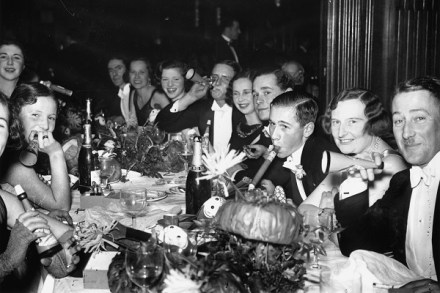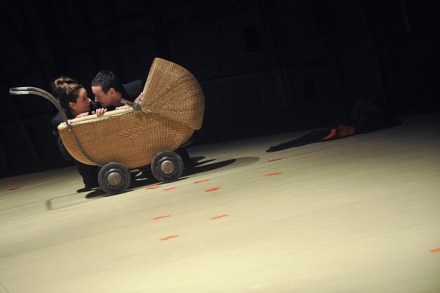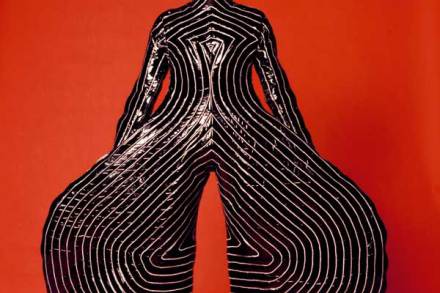Exhibitions: R.B. Kitaj: Obsessions The Art of Identity
ExhibitionsNowadays, R.B. Kitaj (1932–2007) tends to be ignored by the critics in this country — like a bad smell in the corner of the room. It was not always thus: for years he was an admired, if somewhat controversial, presence, but then came his great retrospective at the Tate Gallery in 1994. A large proportion






















